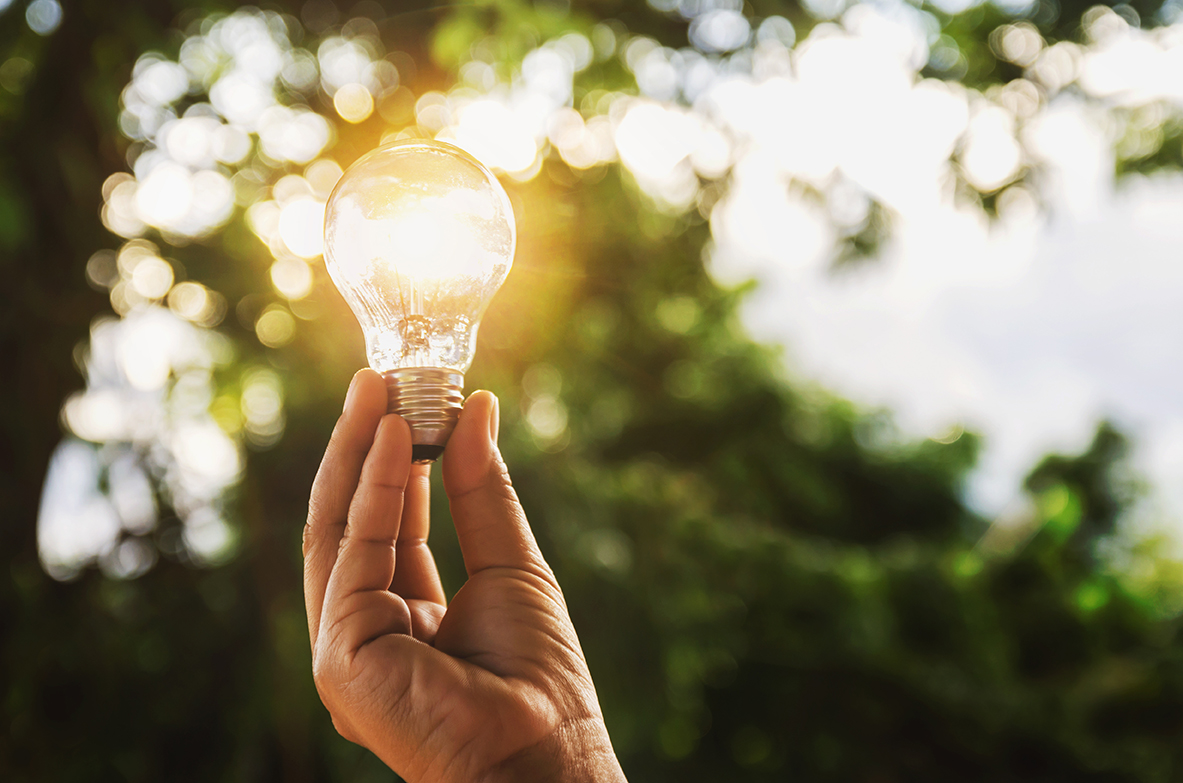AT&S conducts green electronics research for Europe

Along with 48 other companies and research institutions covering the entire value chain, AT&S is working on the development of new technologies to make electronics production in Europe more sustainable as part of the EECONE (European ECOsystem for greeN Electronics) project. The 35-million-euro project is scheduled to run for three years and is funded with 20 million euros from the European Union and the participating member states.
Leoben, September 26, 2023 – EECONE is a large-scale research project under the leadership of the German chip manufacturer Infineon, intended to find new ways to make the electronics industry in Europe more sustainable along the entire value chain. The objective is to minimise the use of valuable resources in the production processes by exploring better ways to recycle, repair and treat electronic components and, among other things, also alternatively usable materials. Reducing non-reusable waste and improving recycling systems is also subject of research within the project.
AT&S contributes experience
“This is an excellent project for us because it fits in perfectly with our existing sustainability strategy,” says Marina Hornasek-Metzl, Senior Director ESG at AT&S. “We also focus on a holistic view of the product life cycle. In addition, modern EcoDesign guidelines for environmentally sound production and topics such as increasing resource efficiency are areas in which AT&S can make a contribution to EECONE based on existing know-how. We always strive to make our products and production processes as sustainable as possible. Therefore, we will invest 1.2 million euros of our own funds and subsidies into the project.”
Green electronics makes an impact
The EECONE project was officially launched at a festive ceremony in Toulouse on 20 September 2023 and the researchers of the participating companies and institutions have been waiting in the wings to implement their ideas for more sustainability in the electronics industry in Europe. At AT&S, the “Resource Efficiency” Group under the leadership of Christof Wernbacher and under the patronage of the ESG team are already in the process of defining the first specifications and implementation concepts for green printed circuit boards. “Today, electronic circuits are part of nearly every device we use in everyday life, from coffee machines to smartphones and electric cars,” says AT&S CTO Peter Griehsnig.
“That is why integrated solutions for our products and processes have a disproportionally high influence. If our substrates and PCBs are as environmentally friendly as possible in their use of resources and electronic waste can be further reduced, we will be able to make a considerable contribution to a more sustainable future.”
In the coming three years, AT&S will continue to expand its expertise in the area of sustainability in order to offer customers in all market segments green solutions. Life cycle assessment, which is already in use for many products, will be further improved; in the future, it will be included in the company’s offers to customers as a standard.
At the same time, other project partners will also work on more resource-efficient ways of microchip production and on a more sustainable design for them as part of EECONE. The development of economical, connected sensors which make do without an external power supply is also part of the research plan as is the use of data analysis tools to optimise the lifetime of electronic products.
AT & S Austria Technologie & Systemtechnik Aktiengesellschaft – Advanced Technologies & Solutions
AT&S is a leading global manufacturer of high-end IC substrates and printed circuit boards. AT&S industrializes leading-edge technologies for its core business segments Mobile Devices & Substrates, Automotive & Aerospace, Industrial and Medical and high-performance processors for VR and AI applications. AT&S has a global presence with production sites in Austria (Leoben, Fehring) and plants in India (Nanjangud), China (Shanghai, Chongqing) and Korea (Ansan near Seoul). A new high-end production site for IC substrates is currently being established in Malaysia (Kulim). In Leoben, a European competence center including series production for IC substrate technologies is being built. Both sites will start production in the financial year 2024/25. The company employs more than 13,500 people.
Share news:
Further News
